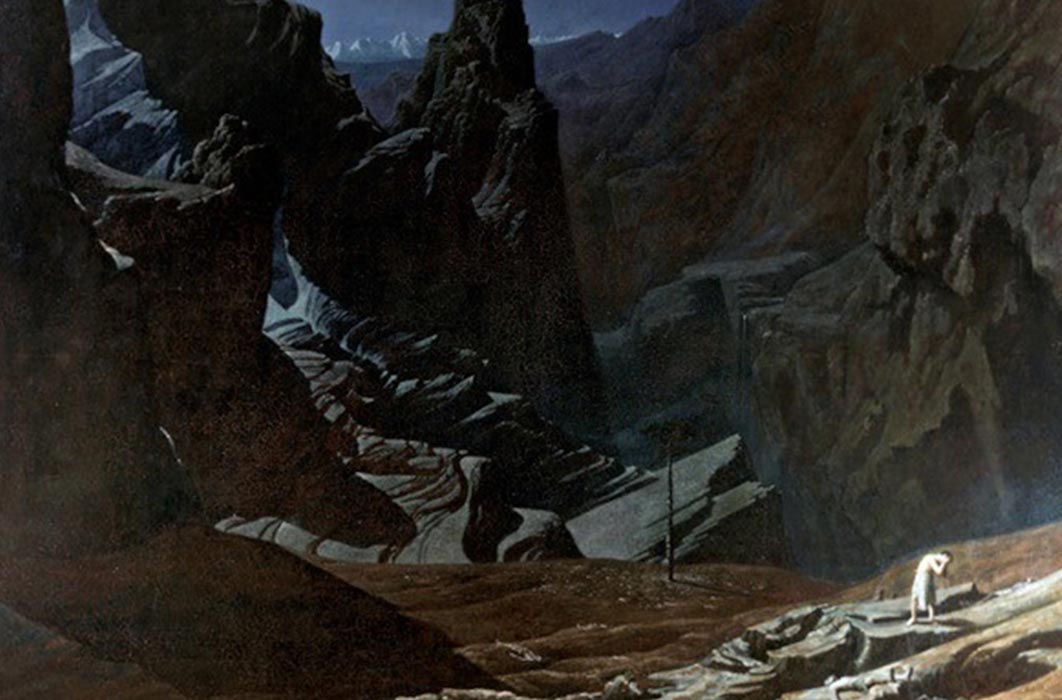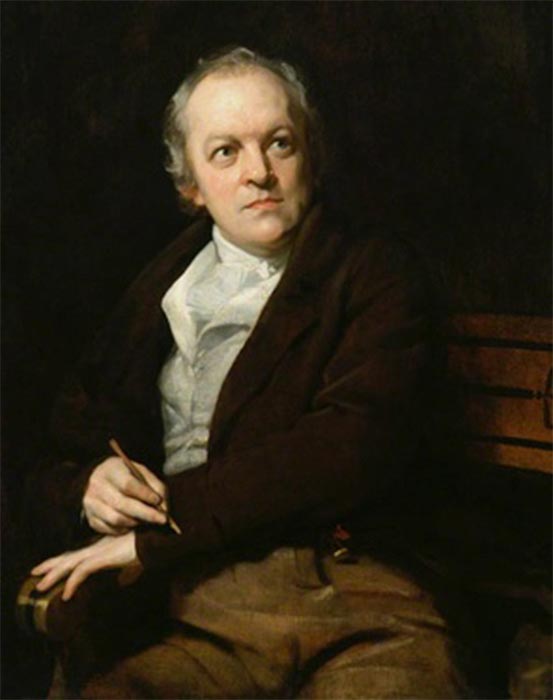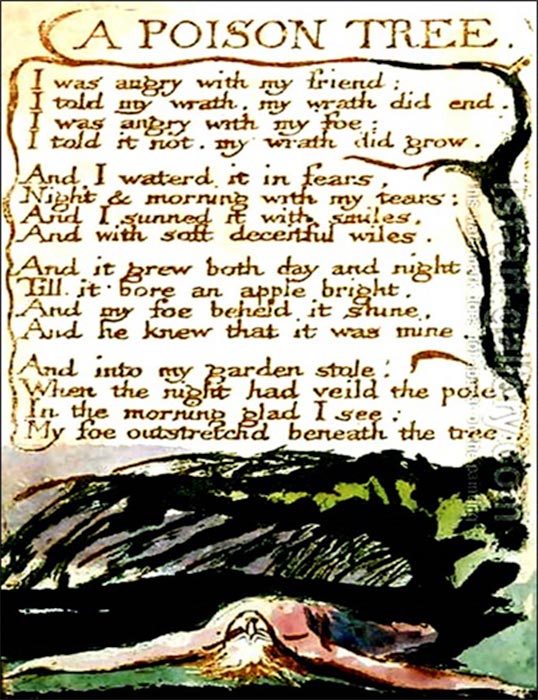
Fruit Of The Poisonous Tree: Ducks and Lambs
There was a period in man’s history when science deeply influenced the literary production of sensitive souls, men and women of open and enlightened minds, such as that great mystic and visionary poet, William Blake who was so deeply impressed by certain aspects of the science of his time, that he created a myth about a strange tree, that could dispense death. His colleagues and intellectuals wrote about trees that sprouted ducks and lambs, all based upon so-called scientific observations.

William Blake by Thomas Phillips (1807) National Portrait Gallery (Public Domain)
Gullible Poets And Physicians
William Blake was born in London in 1757. The third of seven brothers, he never regularly attended school but was educated at home by his mother, who had a profound religious influence on him. Like all particularly sensitive spirits, he was initially considered 'mad' because of his genius and unruliness, but then he was and is greatly appreciated for his existential philosophy, for his very particular talent of expressing the landscape of his imagination in figurative art and poetry, for his unparalleled and inimitable artistic creativity which, probably, can be summed up in his own words: "Imagination is not a state of mind: it is human existence itself”. He died in London in 1827. Analyzing certain aspects of his poetic production, for example the first verses of 'Auguries of Innocence', it is clear that he also had a pantheistic perception of the world, nature and religious experiences:
"To see the world in a grain of sand
and Paradise in a wild flower,
hold infinity in the palm of your hand
and eternity in one hour..."
His selective affinity for the Botanical Realm, struck him, almost tragically, in another of his poetic works, Song of Experience, published in 1794, in which he mentions a strange 'Tree of Poison'.





